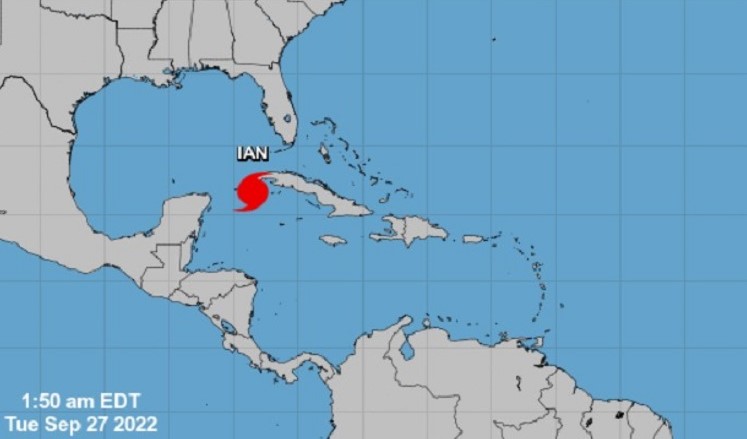The world economy will grow 2.2% in 2023, the OECD estimated on Monday, which lowered its previous forecast by six tenths because of the “price of war” in Ukraine and the rise in interest rates to contain inflation.
(How Latin American countries subsidize gasoline).
“A loss of economic momentum is visible globally, but especially in Europe,” said the Organization for Economic Co-operation and Development (OECD), which keeps global expansion unchanged at 3% in 2022. Russia launched on February 24, an offensive in Ukraine that has resulted in a global increase in energy and food prices for households and businesses, and in a brake on economic expansion in a post-pandemic world.
The conflict, which appears to be protracted after the mobilization of Russian reservists, will cause a loss of US$2.8 trillion in global revenue in 2023, estimated the Paris-based organization.
“Inflationary pressures are becoming more widespread, with rising energy, transport and other costs,” says the OECD, which revised global inflation upwards to 8.2% in 2022 and 6.6% in 2023.
(Minagricultura speaks with Irish leader before OECD meeting).
In addition to the effects of the war on prices, the rise in interest rates by central banks to contain inflation and the covid-19 pandemic are also weighing down the world economy, adds the OECD, which nevertheless asks to continue.
The OECD delivered its perspective for Argentina will grow 3.6% in 2022 and 0.4% in 2023; Brazil will do it in 2.5% and 0.9%; while Mexico will have a growth of 2.1% in 2022 and 1.5% in 2023.
AFP


















